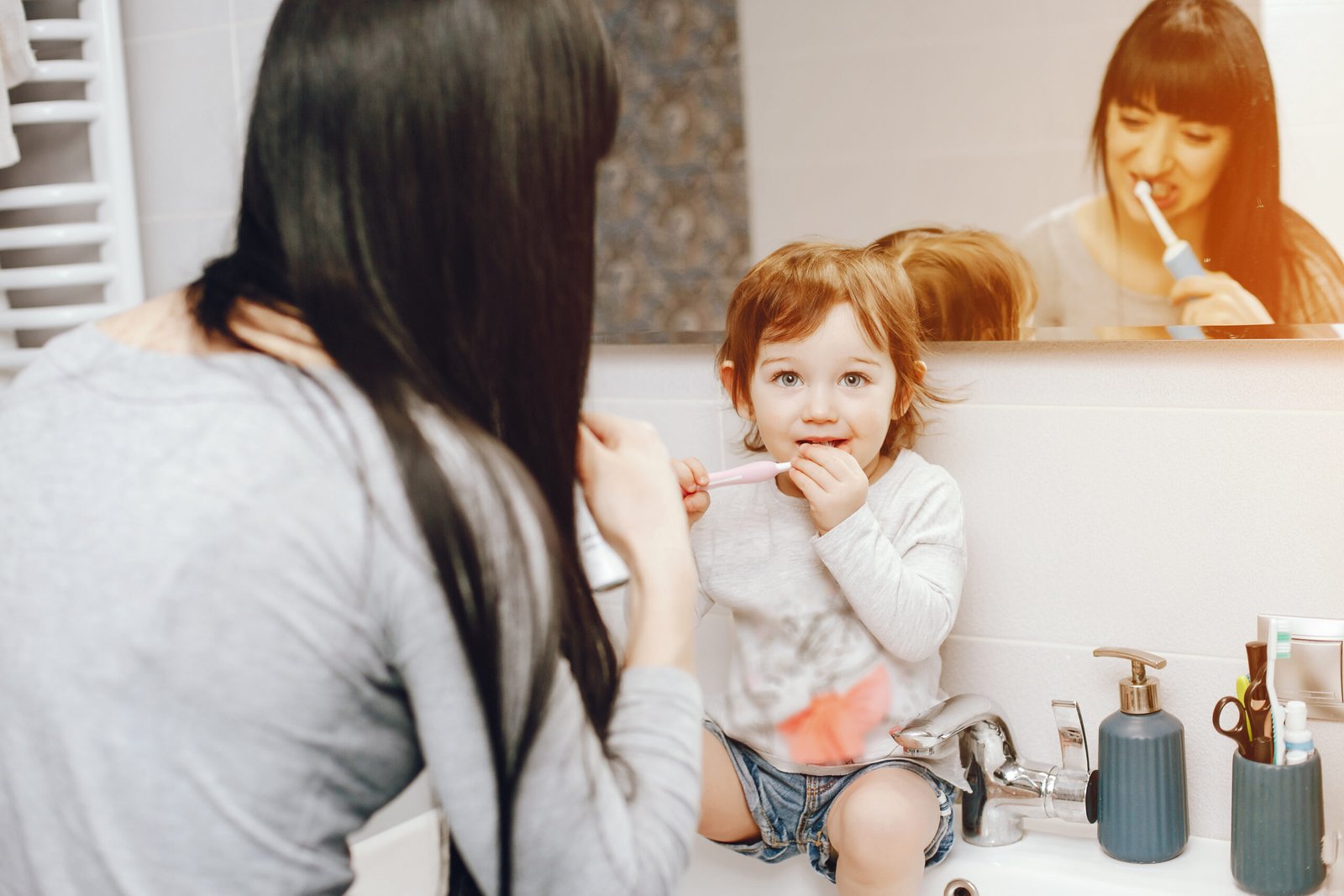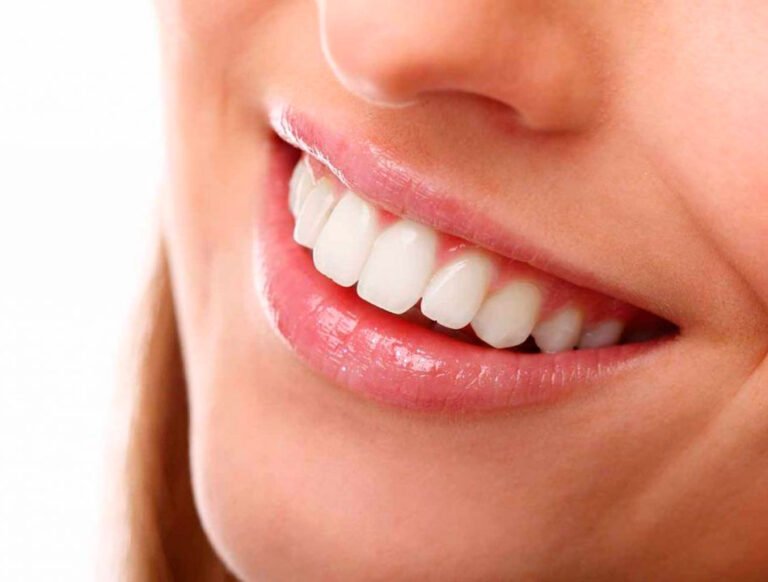As new parents, you’re likely overwhelmed with questions about your baby’s health — and oral care might not be the first thing on your mind. But did you know that your baby oral care begins even before their first tooth appears?
In this guide, we’ll walk you through when to start baby oral care, how to do it safely, and what the best practices are to ensure your baby’s smile stays healthy for life.
When Should You Start Baby Oral Care?
You don’t have to wait for that first adorable tooth to show up. In fact, oral care starts at birth.
Even without teeth, bacteria can build up in your baby’s mouth — especially after feedings. Wiping the gums gently and regularly helps remove bacteria, milk residue, and gets your baby used to oral hygiene early on.
How to Do Oral Care on an Infant
- Wipe Gums: Use a clean, damp washcloth or a silicone finger brush to gently wipe the gums, tongue, and cheeks after each feeding.
- Avoid Sugary Liquids: Limit juices and sugary drinks, especially in bottles at bedtime.
- Never Share Utensils: Sharing spoons, pacifiers, or licking a pacifier clean can pass cavity-causing bacteria to your baby.
Learn more about how bacteria spreads and why this matters in our full article: Why Sharing Utensils with Your Baby Can Harm Their Teeth.
What Is the Best Oral Care Routine for Babies?
Once that first tooth pops through (usually around 6 months), it’s time to introduce brushing.
- Use a Soft Baby Toothbrush: Choose one with extra-soft bristles and a small head.
- Toothpaste: Use a rice-sized amount of fluoride-free toothpaste until age 2.
- Twice a Day: Brush in the morning and especially before bed.
- Start Flossing: As soon as two teeth touch, you can start gently flossing.
How Do You Take Care of a Baby’s Mouth Overall?
It’s about building habits early — and making them fun!
- Let Them Watch You Brush: Babies mimic. Show them your own brushing routine.
- Sing a Song or Use a Timer: Turn brushing into a game to make it fun and consistent.
- Regular Dental Visits: Schedule your baby’s first dental check-up by their first birthday.
Why is Infant Oral Health Matters?
- Preventing Cavities: Even baby teeth are susceptible to decay. Early care can prevent painful cavities and future dental problems.
- Establishing Healthy Habits: Starting a good oral hygiene routine early sets the stage for a lifetime of healthy smiles.
- Overall Health: Oral health is linked to overall health. Poor oral hygiene can contribute to other health issues.
Taking care of your baby’s oral health is a simple yet essential part of their overall well-being. By starting early and being consistent, you’re building habits that can lead to a lifetime of healthy smiles. Make it fun, make it gentle — and you’ll set your child on the right path from the very beginning.





Your point of view caught my eye and was very interesting. Thanks. I have a question for you.